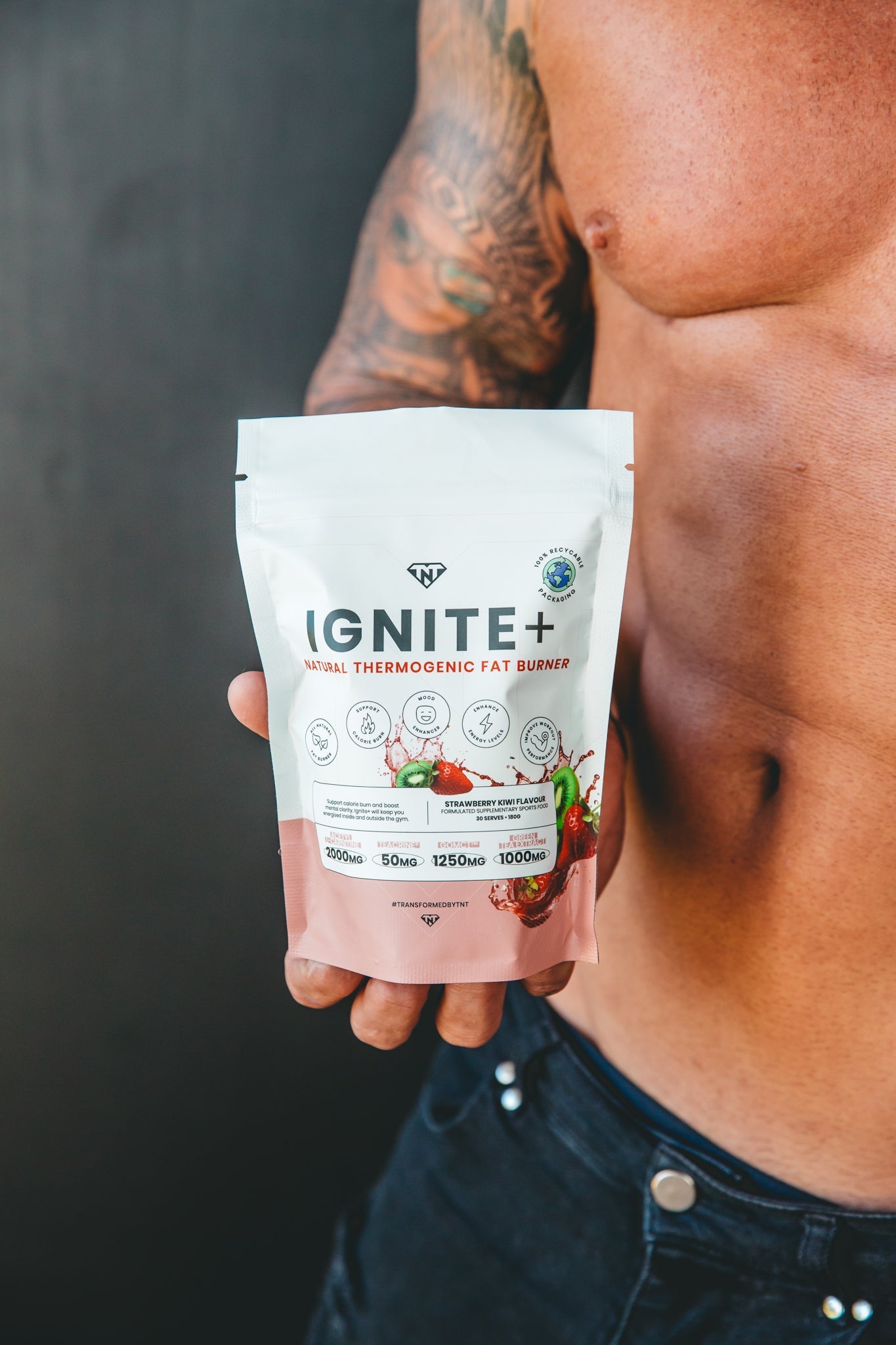Hormones play a crucial role in regulating numerous bodily functions, including metabolism, mood, and reproductive health. Maintaining a healthy hormonal balance is important for women, who experience regular hormonal fluctuations throughout their menstrual cycle, as well as during significant life stages such as pregnancy and menopause. A balanced diet and regular exercise are fundamental in supporting hormonal health. Now let’s dive into the knitty and gritty of what this means and how you can nourish your hormones.
Understanding Hormonal Fluctuations
Women's hormones, such as oestrogen and progesterone, fluctuate throughout the menstrual cycle, impacting energy levels, mood, and even exercise performance. During the follicular phase (the first two weeks of the cycle), oestrogen levels rise, often resulting in increased energy and improved mood. This phase is ideal for engaging in more intense cardiovascular workouts. In contrast, the luteal phase (the latter two weeks) sees a rise in progesterone and a dip in oestrogen, which can cause feelings of lethargy and increased cravings for fatty and sweet foods. Strength training and lower-intensity exercises are more suitable during this phase (Australian Institute of Fitness) (One of the top universities in Australia).
The Role of Diet in Hormonal Health
-
Prioritising Protein: As women approach menopause, their metabolism slows down, making it easier to gain weight. Increasing protein intake can help maintain muscle mass and support a healthy metabolism. Aim to incorporate high-quality proteins, such as lean meats, fish, beans, and legumes, supplements like our Ignite Pro Protein Powder is also a powerful substitute into your daily diet (Sydney University).
-
Healthy Fats: Incorporate sources of healthy fats, such as avocados, nuts, seeds, and olive oil, which are essential for hormone production and regulation. Avoid trans fats and reduce intake of saturated fats found in processed foods (Sydney University).
-
Complex Carbohydrates: Opt for complex carbohydrates like whole grains, vegetables, and fruits, which provide a steady release of energy and prevent blood sugar spikes. High blood sugar levels can disrupt hormonal balance and lead to insulin resistance, particularly in women with conditions like PCOS (Polycystic Ovary Syndrome) (Sydney University). If you’re wanting to kick those mid afternoon sugar cravings to the curb then check out our Recover range.
- Micronutrients: Ensure you're getting enough vitamins and minerals, particularly B vitamins, magnesium, and omega-3 fatty acids, which are vital for hormone synthesis and balance.
Exercise and Hormonal Health
Regular exercise is a powerful tool for maintaining hormonal balance. Here’s how different types of exercise can benefit your hormonal health:
-
Cardio Workouts: During the follicular phase, when energy levels are higher, focus on cardiovascular exercises like running, cycling, or swimming. These activities boost endorphin levels, improve mood, and enhance cardiovascular health (Australian Institute of Fitness).
-
Strength Training: In the luteal phase, when you might feel less energetic, incorporate strength training exercises. Lifting weights or engaging in bodyweight exercises helps build muscle mass, which is crucial for a healthy metabolism and bone density, especially as you age (Sydney University).
-
Mind-Body Exercises: Practices like yoga and Pilates are beneficial throughout the menstrual cycle. They help reduce stress, improve flexibility, and enhance mental clarity. Stress management is vital for hormonal health as chronic stress can lead to elevated cortisol levels, which disrupt the balance of other hormones (Sydney University).
- Consistency: The key to reaping the benefits of exercise is consistency. Aim for at least 150 minutes of moderate-intensity exercise per week, as recommended by health guidelines. Even on days when energy is low, light activities like walking or stretching can make a significant difference (Endeavour College).
And why not consider exploring The Natural Transformer’s tailored exercise programs, designed to align with your unique needs and boost your overall well-being.
Practical Tips for a Hormone-Friendly Lifestyle
-
Track Your Cycle: Use apps or journals to monitor your menstrual cycle. This helps you understand your body’s patterns and adjust your diet and exercise routines accordingly (Australian Institute of Fitness).
-
Mindful Eating: Pay attention to your body’s hunger and fullness cues. Avoid skipping meals and try to eat a balanced diet rich in whole foods. We’ve got an abundance of nutritious recipe ideas here!
-
Stay Hydrated: Drinking plenty of water is essential for overall health and helps maintain optimal bodily functions, including hormone regulation.
- Get Enough Sleep: Aim for 7-9 hours of quality sleep per night. Poor sleep can significantly impact hormone levels, particularly cortisol, which can affect weight, mood, and overall health.
Achieving hormonal balance involves a holistic approach that includes a nutritious diet, regular exercise, stress management, and adequate sleep. For personalised advice, consider consulting with a healthcare provider or a clinical nutritionist who specialises in women's health.
By taking these steps, you can feel empowered and in control of your hormonal health, leading to a healthier and happier you!
Bibliography
Australian Institute of Fitness. (2015). Hormones, Menstruation and Female Training. Retrieved from fitness.edu.au
University of Sydney. (2022). Prioritising protein during perimenopause may ward off weight gain. Retrieved from sydney.edu.au
University of Sydney. (2023). 4 myths about PCOS and why they are wrong. Retrieved from sydney.edu.au
Endeavour College. (2023). The hidden phenomenon of perimenopause. Retrieved from endeavour.edu.au






